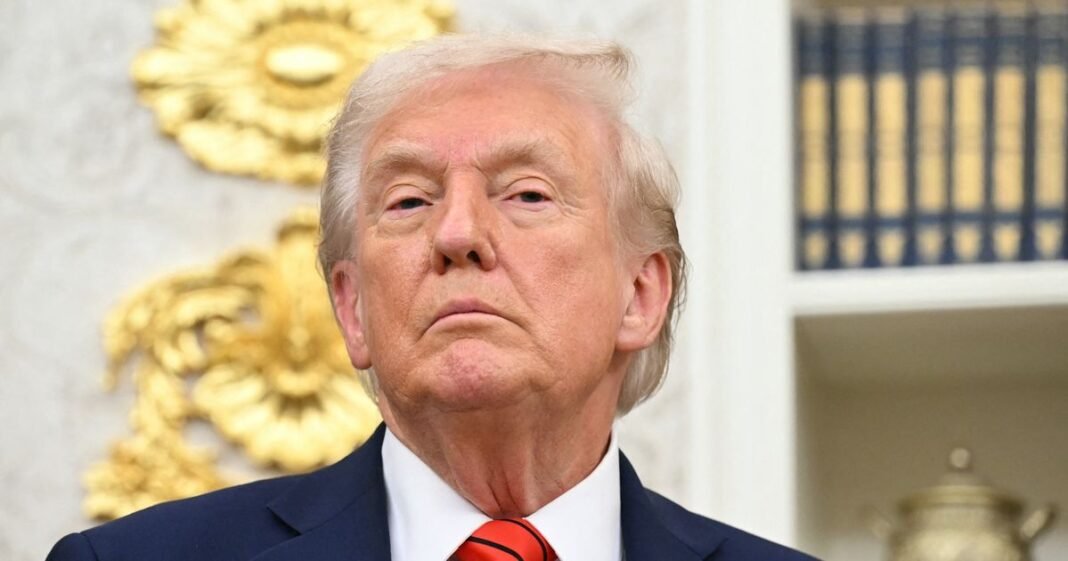Hundreds of British citizens have voiced their concerns by signing petitions urging the Government to safeguard the NHS against potential price increases for medications as demanded by President Donald Trump. Three separate petitions, collectively signed by 300,000 individuals, are set to be delivered to Westminster amid reports that the UK is contemplating raising NHS price limits by 25%.
President Trump’s threats of imposing tariffs on the UK unless the NHS pays more have prompted pharmaceutical companies to cease investments in the UK in pursuit of higher prices. The UK Government has acknowledged being in advanced talks with the US, but there are apprehensions that any resulting deal could lead to the NHS spending billions more on drugs and causing delays in patient treatment.
Currently, the NHS in England allocates approximately £20 billion annually for medicines, and experts caution that allocating more funds to drugs could result in reduced funding for essential resources like staff and hospital beds.
The petitions, to be presented to the Department of Health and Social Care by advocacy group 38 Degrees, reflect the widespread public sentiment against yielding to demands for inflated prices on crucial NHS medications. These petitions emphasize the importance of resisting pressure from both pharmaceutical companies and foreign leaders like President Trump.
The NHS’s collective bargaining power has historically enabled it to negotiate lower prices compared to private healthcare facilities in the US, where medication costs are significantly higher. Concerns have been raised by international NGOs that the UK is being coerced by President Trump and pharmaceutical companies into accepting unfavorable drug pricing terms, potentially jeopardizing the financial stability of the NHS.
Several pharmaceutical companies, including AstraZeneca, Lilly, and Merck, have paused or redirected investments in the UK as a result of the ongoing dispute over NHS pricing thresholds. Industry insiders suggest that concessions may have been made to secure a deal post-Trump era, ensuring the continued presence of global pharmaceutical companies in the UK.
A Lancet study previously highlighted that the current NHS drug pricing standards, overseen by the National Institute for Health and Care Excellence (NICE), might already be set too high. Critics argue that increased spending on medications could divert resources away from crucial healthcare needs such as equipment, medical professionals, and infrastructure.
Various stakeholders, including NHS patients and advocacy groups, are urging the UK Government to stand firm against external pressures and prioritize the interests of public health over profit-driven motives. President Trump’s tariff threats on pharmaceutical imports are seen as a significant challenge, prompting rigorous negotiations to safeguard the UK’s pharmaceutical industry while ensuring fair drug pricing for the NHS.

